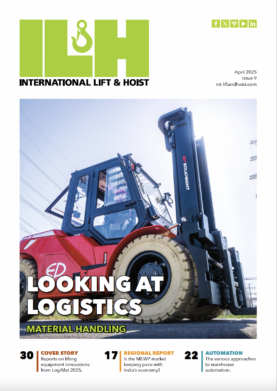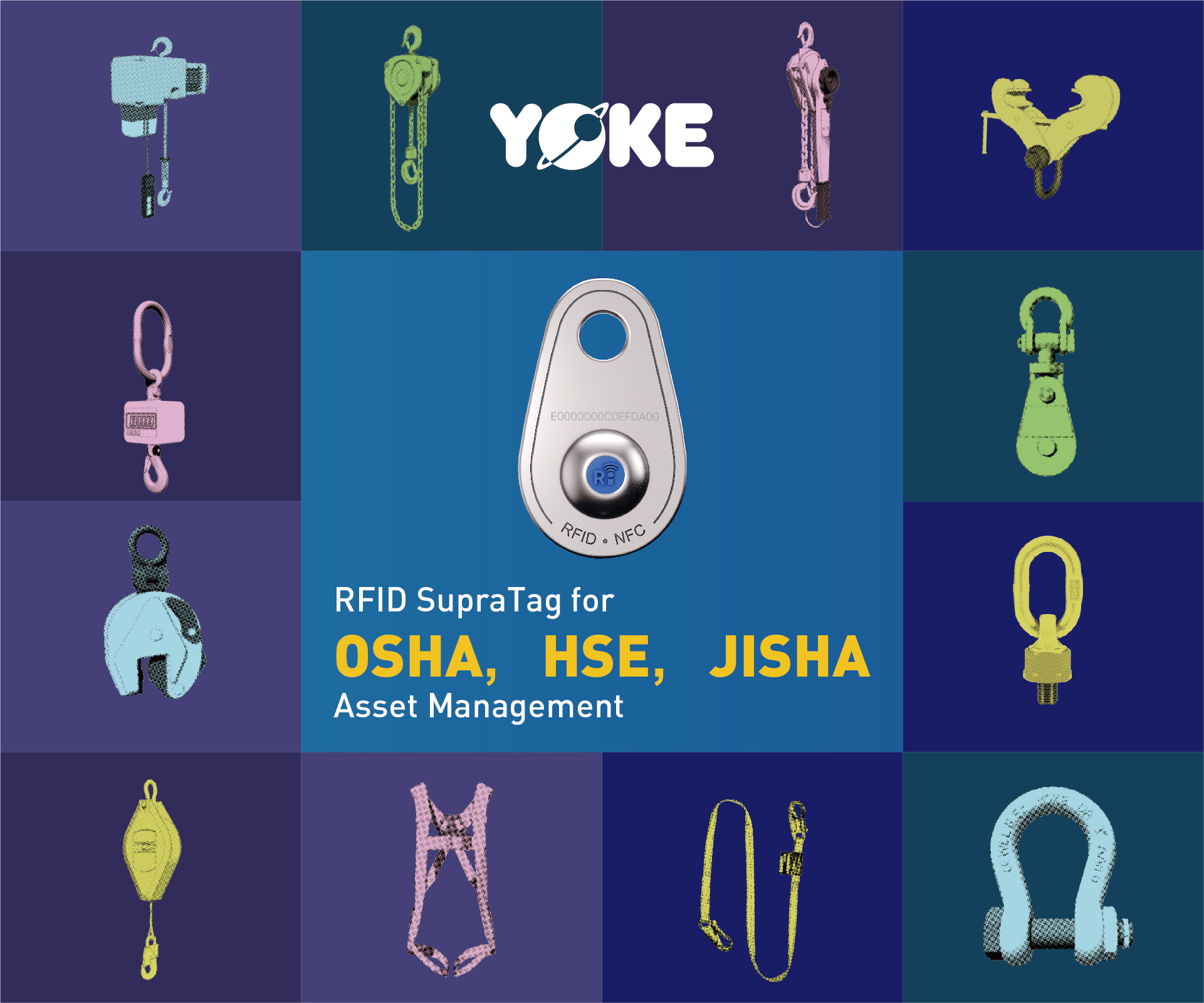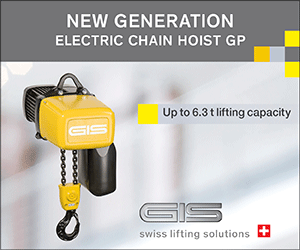CIT Construction Forecast Predicts Third Consecutive Year of Optimism
Tempe, Ariz.-based CIT Construction, a unit of CIT Group, Inc. and provider of financial services to the construction industry, recently announced the results of its 30th annual industry forecast. The 2006 outlook, based on telephone interviews with more than 900 contractors and equipment distributors across the country, reveals that for the third year in a row U.S. construction industry leaders anticipate a strong year ahead.
"For the third consecutive year, the leaders of the U.S. construction industry share an optimistic outlook for the coming year. While their optimism is more cautious than the previous year, their positive predictions for 2006, in terms of equipment rentals and purchases, net income, business
strategies, technology and issues and opportunities, give hope for what's to come," said Ron Riecks, executive vice president of CIT Construction. "Based on the history of accuracy of the CIT Construction Industry Forecast, all of us in the construction industry can look forward to good things in 2006."
Following are a few key 2006 regional highlights:
- Five of the nine U.S. regions have Optimism Quotient (OQ) scores above 100. (A weighted and averaged number that expresses construction executives' perceptions of the industry's prospects for the coming year, the OQ is the forecast's primary indicator for assessing and comparing the respondents' level of confidence in the health of the construction industry.)
- The West South Central is the most positive region, posting an OQ of 120.
- The Mountain and South Atlantic regions experienced increases in OQ.
- Seven regions had lower OQ scores than the previous year.
- Three of the four regions with OQ scores below the baseline 100 are along the East Coast.
- The average region by region decline in OQ levels is 11 points.
- The New England region had the lowest OQ rating of 66.
Almost half (49%) of surveyed contractors anticipate equipment purchases (up from 44% in 2005), and 52% of distributors are planning to add to their equipment-rental inventories in 2006 (vs. 48% last year). Contractors expect to spend almost $60,000 to purchase pre-owned equipment (up about 28% from their 2005 budget) and an average of $70,200 on new equipment, compared to $79,200 planned a year ago. A total of 91% of distributors expect their new-equipment sales to increase or stay the same as last year, while 90% have the same
predictions for used equipment. On average, distributors who foresee an increase in both new and used equipment sales in 2006 anticipate an increase of 18%. For the 11th year in a row, trucks lead the list of expected equipment purchases. In the lifting equipment area, 9% of contractors indicated they planned on purchasing elevating work platforms and forklifts.
While contractors favor their own equipment, they expect to meet 16% of their 2006 equipment requirements with rented or leased equipment, and 17% expect that percentage to increase. Rented or leased equipment is expected to meet about 18% of builders needs and 10% of non-builders needs. Their primary reason for renting equipment is a limited use for the equipment. Large equipment rental companies are the preferred source for obtaining the required equipment, according to contractors who on average fulfill about 70% of their rental needs from such companies. Just as contractors expect to rent more equipment, 58% of distributors anticipate an expected increase in their rental income, which is the most optimistic distributors have been since 1999, when 59% expected their rental income to grow. Distributors expect to meet the rental equipment demand by growing their equipment fleet. A total of 52% plan to expand their fleets in 2006, compared to 48% in 2005. Of those who expect to add to their inventory, the increases are expected to average 17% growth.
To read the entire survey, see the original report.











